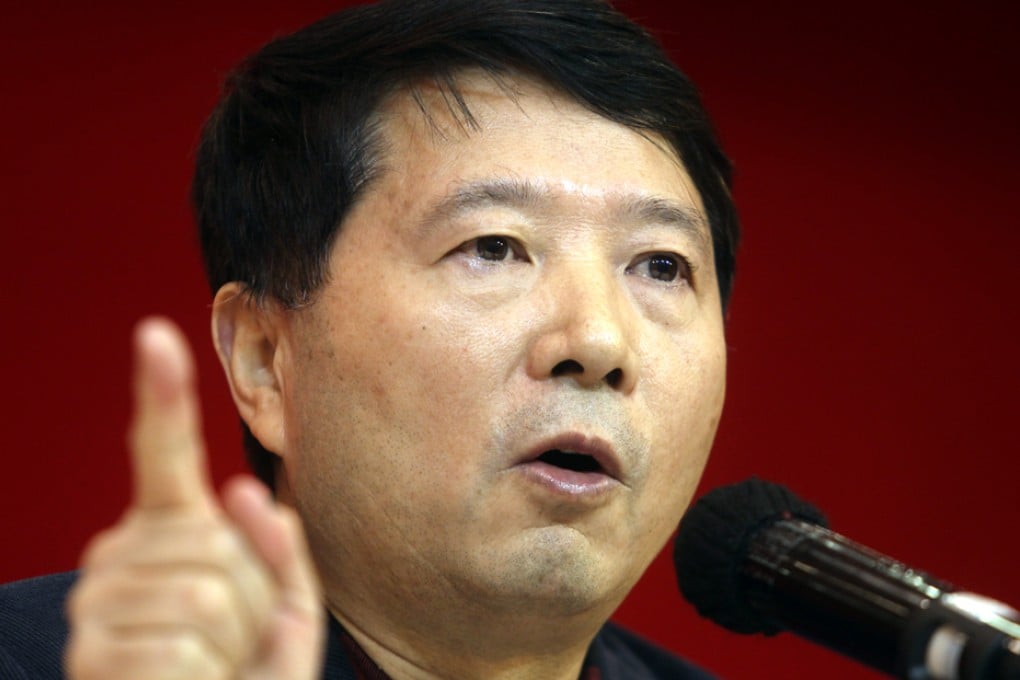Public nomination was 'not accepted' in the 1980s, says state official

The right for voters to nominate chief executive candidates under universal suffrage was left out of the Basic Law because few people proposed or supported it, according to Beijing's Hong Kong propaganda chief.
Hao Tiechuan, publicity director of the central government's liaison office, cited records of the cross-border committee that drafted the Basic Law as well as the Hong Kong committee that sought local views.
"During the drafting and consulting processes of the Basic Law, the University of Hong Kong students' union was the only organisation that proposed allowing voters to directly nominate the chief executive candidates," Hao wrote in an article in the Hong Kong Economic Times.
"The proposal was not widely accepted by various sectors and the drafting committee members, [so it] was eventually not put into the Basic Law," wrote Hao.
But Martin Lee Chu-ming, a member of the Basic Law drafting committee, said the fact public nomination was not proposed at the time did not mean it contravened the mini-constitution.
"In my view, the Basic Law allows the flexibility for the introduction of public nomination," he said.